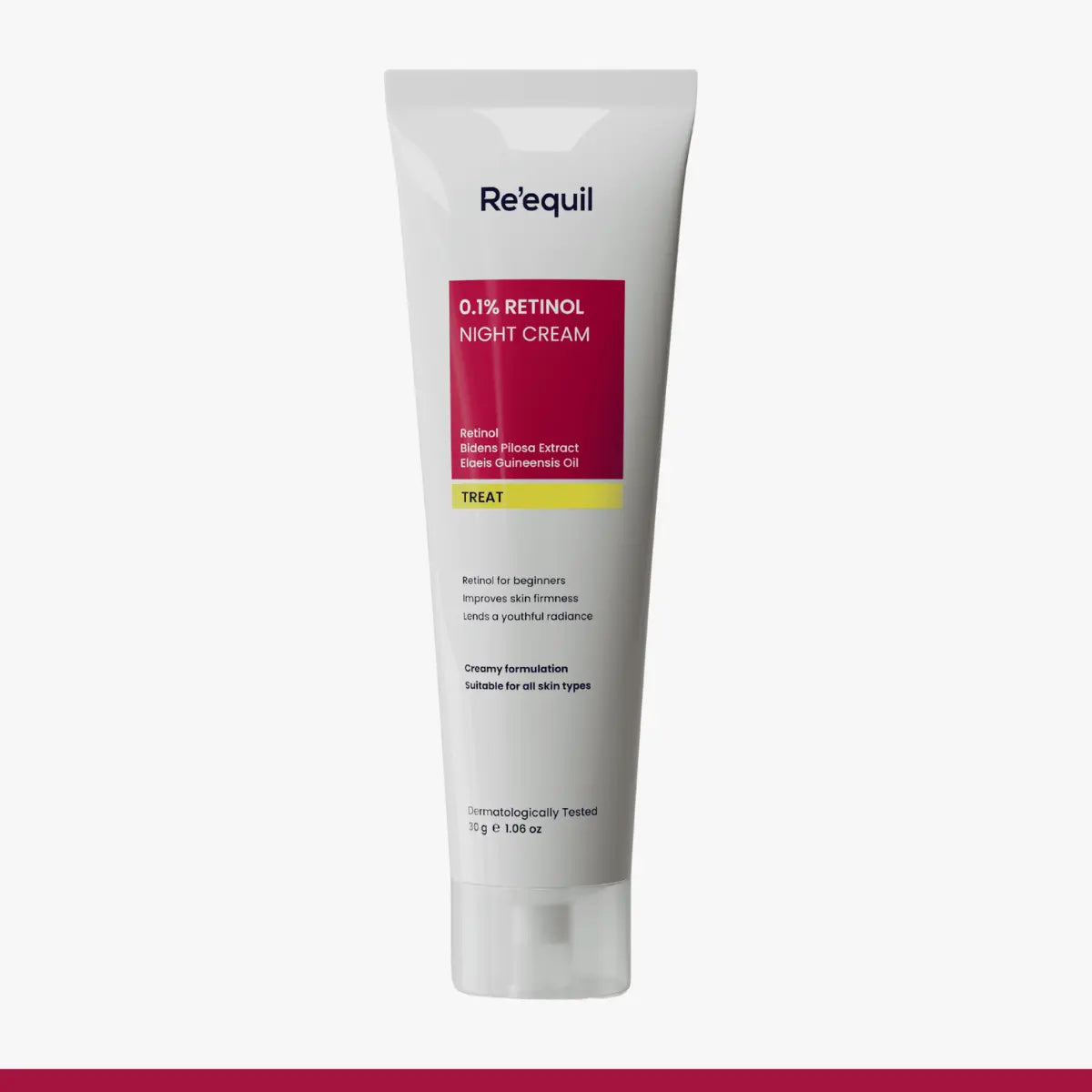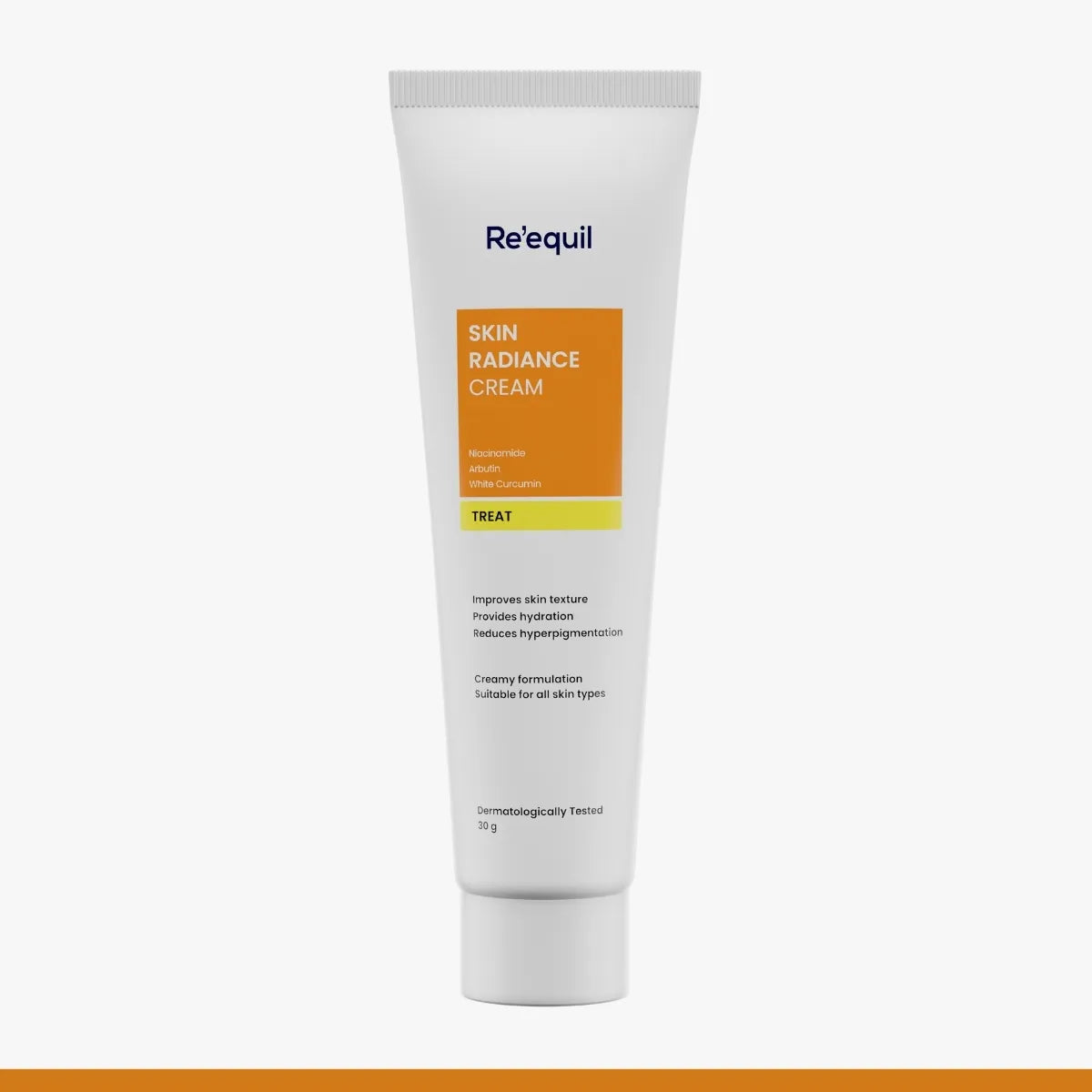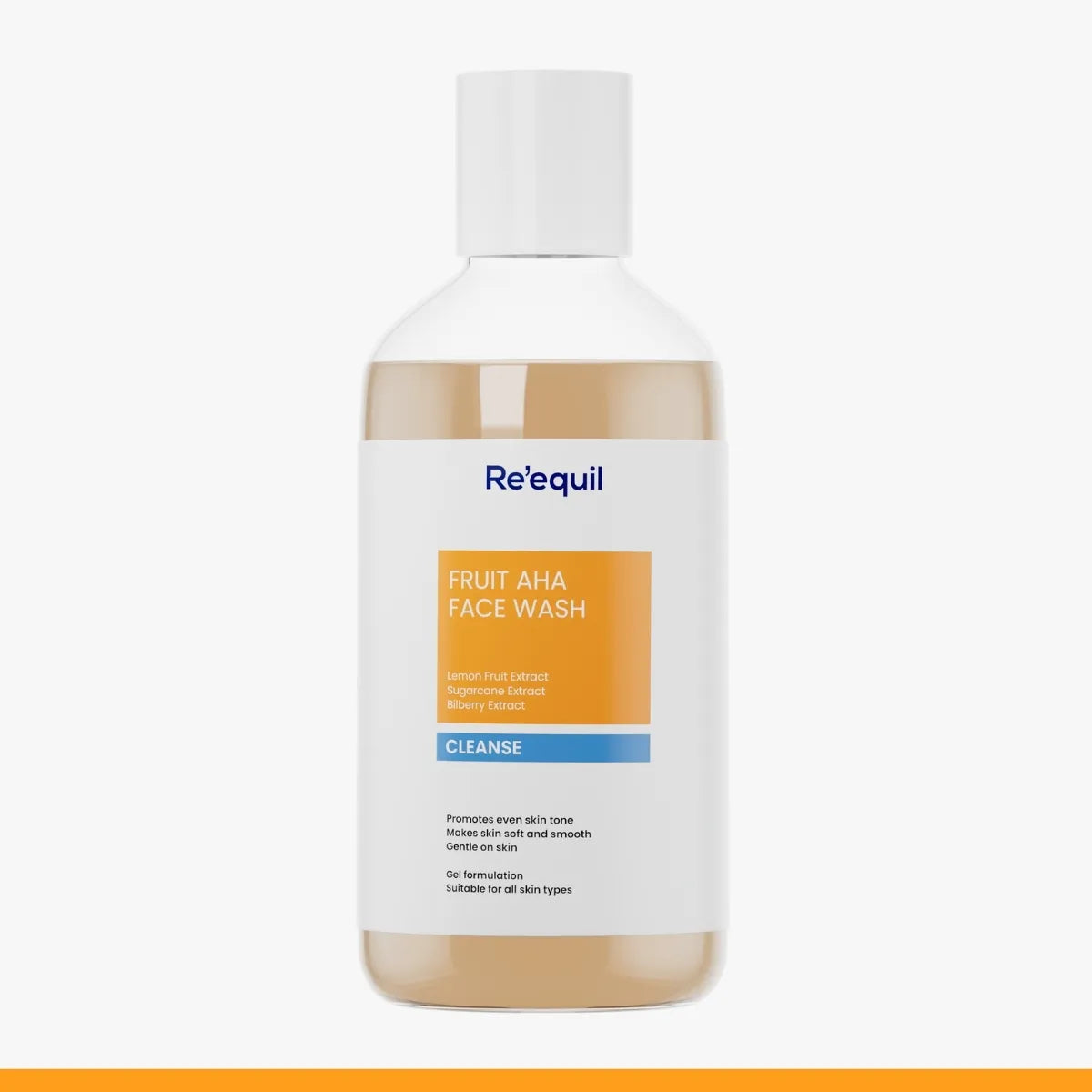You apply a multitude of skin care products to your skin each day. However, have you ever made an effort to read and understand the ingredients labels on products? Board-certified dermatologists also share their views on the assessment of skin type and ingredients before introducing the new products into skin care regimen. We understand that choosing the best skin care products is surely a daunting task for many of you. However, educating yourself about new skin ingredients is of paramount importance for long-term skin health. Humectants are another super ingredient trending in the skin care industry due to their remarkable skin hydrating properties. A 2017 research study has also elucidated the efficacy of humectants in absorbing the moisture from the dermis (inner layer) into the stratum corneum (uppermost layer). They also help in skin cell renewal. Humectants are extensively used in skin care products like lotions and moisturizers to keep your skin soft, supple, and hydrated.
Ideal humectants in skin care products
- Hyaluronic acid
- Ceramides
- Glycerin
- Alpha hydroxy acids (AHA's)
1. Hyaluronic acid (HA)
It is also known as sodium hyaluronate. Its ability to hydrate and moisturize underneath layers of your skin makes it a great humectant for your skin. A research study published in International Journal of Biological Macromolecules has also demonstrated the efficacy of Hyaluronic acid for skin renewal. Its incredible skin hydration and rejuvenating properties help to diminish the appearance of fine line, meanwhile plumping your skin. Some other research advocates that topical use of hyaluronic acid also helps to improve the natural glow of your skin.
2. Ceramides
Ceramides are the fatty acids found in the epidermis layer of your skin that promote a healthy skin barrier. They act as a protective shield against environmental damage. The dearth of ceramides in the skin is associated to cause dry skin and poor skin barrier functions. Hence, offering an adequate supply of ceramides helps to improve skin hydration along with maintaining skin integrity. Furthermore, a 2014 research study has claimed that the application of ceramides helps to improve the barrier function in acne-prone skin. Ceramides are also an important component of hair cuticles, which help to maintain healthy and strong hair strands.
3. Glycerin
Glycerin is an odorless and colorless natural humectant that helps to keep your skin moisturized and glowing. Its skin healing properties help to repair the damaged and rough skin. Being a natural exfoliant, it also promotes the desquamation process to attain a smooth and brighter appearance.
4. Alpha hydroxy acids (AHA’s)
Alpha hydroxy acids are procured from natural sources like fruits and milk, which help in improving skin rejuvenation. Its natural skin-exfoliating properties slough off the dead cell from your skin surface and also promote healthy skin cell turnover. Various research studies have also demonstrated the benefits of AHA’s in reducing sun-induced hyperpigmentation. Some other researches have shown that AHA’s also help to boost the collagen production in your skin which subsequently helps to reduce the appearance of fine line and wrinkles.

Endless studies have found that lack of hydration in the skin not only makes your skin appear less supple but also leads to faster aging of the skin. External stressors like pollution, sun rays (UVA and UVB) also disturb the moisture barrier and lead to damaged and wrinkly skin. To replenish the moisture content in skin layers, the use of a hydrating moisturizer on a daily basis followed by a broad-spectrum sunscreen is extremely important. Nonetheless, foods high in antioxidant contents like (fruits and vegetables) vitamin E & C are also a secret for healthy glowing skin.
P.S.
It is commonly believed that people with oily skin do not require moisturizer. On the contrary, dermatologists emphasize the importance of using a moisturizer for your oily skin. According to the American Academy of Dermatology (AAD), people with acne-prone skin oil should use oil-free and non – comedogenic (does not clog pores) moisturizer.




